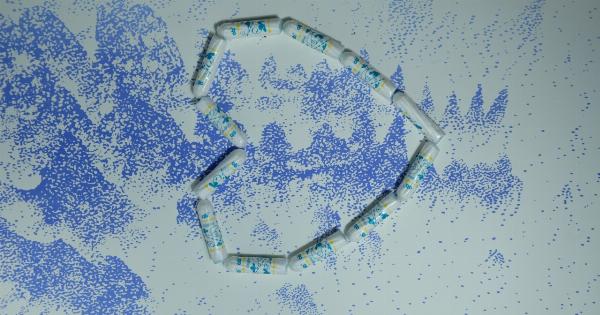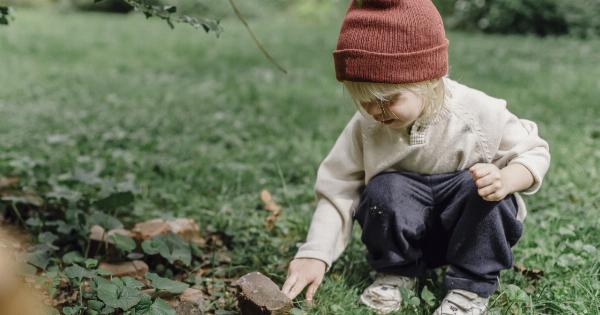As pet owners, we often love taking our furry friends on camping trips and outdoor adventures. While the great outdoors can offer endless opportunities for bonding and fun, it can also pose some serious threats to your pet’s health.
One of the most significant dangers is Campies, also known as the silent killer for pets.
Campies is a bacterial infection found in stagnant water, puddles, and ponds. This infection can cause severe illness and even death if not treated in time. Unfortunately, many pet owners are not aware of the dangers of Campies and how to prevent it.
In this article, we will discuss everything you need to know about Campies and how to keep your pets safe.
What is Campies?
Campies is a bacterial infection caused by the Leptospira bacteria. This bacteria can be found in water, soil, and animal urine. The bacteria can enter your pet’s body through a cut or abrasion on the skin, the nose, or the mouth.
Once inside the body, the bacteria can spread to other organs and cause severe damage.
Campies is more prevalent in warm and humid climates and is most commonly found in areas with standing water. The bacteria can survive in water for months, making it challenging to eliminate.
Dogs are the most susceptible to Campies, while cats and other pets can also contract the infection.
Symptoms of Campies in pets
Campies can cause a range of symptoms in pets. The severity of the symptoms depends on the type of Leptospira bacteria and the condition of your pet’s immune system. Common symptoms of Campies in pets include:.
- Fever
- Lethargy
- Vomiting
- Loss of appetite
- Jaundice (yellowing of the skin and eyes)
- Muscle pain and stiffness
- Dehydration
- Difficulty breathing
- Inflammation of the eyes
If you notice any of these symptoms in your pet, especially after a camping trip or exposure to standing water, it is essential to take them to a veterinarian immediately. Campies can progress rapidly and cause severe damage to your pet’s organs.
Early diagnosis and treatment are critical to ensure a full recovery.
Diagnosis and treatment of Campies in pets
To diagnose Campies in pets, a veterinarian will perform a physical examination and run several diagnostic tests, including blood tests, urine tests, and sometimes a biopsy of affected organs.
If diagnosed early, Campies can be treated with antibiotics and supportive care. However, if the infection has progressed and caused severe organ damage, the prognosis may not be favorable.
It is crucial to understand that prevention is the best way to protect your pet from Campies. Even with treatment, the infection can cause significant harm to your pet’s health and can be costly to treat.
Preventing Campies in pets
The good news is that Campies is preventable. Here are some essential steps to take to protect your pet from Campies:.
1. Avoid stagnant water
Campies thrives in stagnant water, so it is crucial to avoid letting your pet drink from or swim in stagnant water sources such as ponds, lakes, or streams. Make sure to pack enough clean water for your pet to drink during camping trips.
2. Vaccinate your pet
Like many other bacterial infections, Campies can be prevented by vaccination. Talk to your veterinarian about getting your pet vaccinated for Campies.
The vaccine is not 100% effective, but it can greatly reduce the risk of your pet contracting the infection.
3. Keep your pet away from wildlife
Wildlife can carry the Leptospira bacteria, so it is crucial to keep your pet away from wildlife, especially rodents.
4. Practice good hygiene
Washing your hands thoroughly after handling your pet and their equipment, such as their leash and water bowls, can help reduce the risk of Campies transmission. It is also crucial to dispose of your pet’s waste properly.
5. Monitor your pet’s health
Stay vigilant for signs of illness in your pet, especially after camping trips or outdoor activities. If you notice any of the symptoms mentioned earlier, seek veterinary care immediately.
With these simple steps, you can significantly reduce the risk of your pet contracting Campies and ensure they have a safe and enjoyable outdoor experience.
Conclusion
Campies is a severe bacterial infection that can affect your pet’s health and even cause death if not treated in time.
It is crucial to know the symptoms of the infection and take steps to prevent it, such as avoiding stagnant water, vaccinating your pet, and monitoring their health after outdoor activities.
Remember, prevention is the best way to protect your pet from Campies. Be vigilant, and seek veterinary care if you notice any signs of illness in your pet.
By taking these simple steps, you can ensure your furry friend has a safe and enjoyable time camping and exploring the great outdoors with you.





























